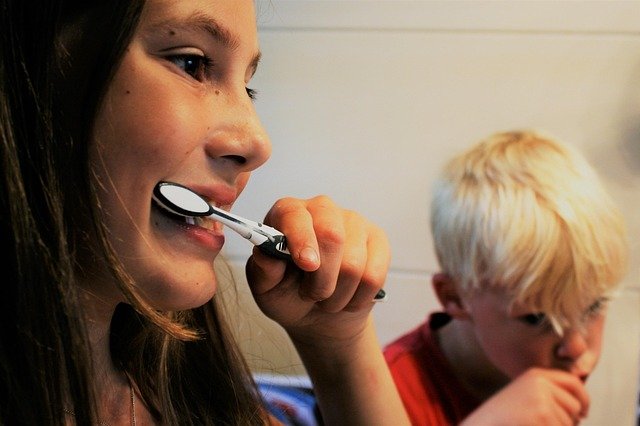The Role of Mindfulness in Anxiety Management
Anxiety is a common malady in today's fast-paced world. With the constant bombardment of news, information, and stimuli, it's no surprise that anxiety levels have skyrocketed in recent years. The World Health Organization (WHO) estimates that about 264 million people globally suffer from anxiety disorders — a number that has been on the rise. While traditional treatments like psychotherapy and medication are effective for many, there is a growing interest in alternative methods that can complement these treatments or offer relief when traditional methods are not enough. One such method that has gained attention is mindfulness.

Mindfulness: A Historical Perspective
Mindfulness is a practice with roots in Buddhist tradition, dating back over 2,500 years. It is defined as the psychological process of bringing one’s attention to the present moment, and it’s often cultivated through practices like meditation and yoga. However, mindfulness is not just a Buddhist concept or an Eastern philosophy. It is a universal human capacity proposed to foster clear thinking and open-heartedness. As such, it’s been adopted by various cultures and religions worldwide and has found its way into modern psychological treatments.
The Science Behind Mindfulness and Anxiety
In the last few decades, neuroscience and psychology have started to uncover the ways mindfulness can help manage and mitigate anxiety. At its core, anxiety is a response to stress or fear. It’s the body’s way of telling us that something is wrong. However, when anxiety becomes chronic, it can lead to a host of physical and mental health issues.
Mindfulness can help with anxiety by changing how we relate to stress. Instead of trying to avoid or suppress stressful experiences, mindfulness encourages us to face them with patience, acceptance, and compassion. This can reduce the intensity of anxiety symptoms, prevent future anxiety episodes, and improve overall quality of life.
Neuroimaging studies have shown that mindfulness practice can change the structure and function of the brain in ways that are consistent with these benefits. For example, mindfulness has been linked to increased activity in the prefrontal cortex, a part of the brain associated with positive emotion and the ability to regulate stress. It’s also been associated with decreased activity in the amygdala, a part of the brain that plays a key role in anxiety and fear.
The Practice of Mindfulness for Anxiety Management
While the concept of mindfulness might seem abstract, it is a very practical and accessible tool. There are many ways to practice mindfulness, but they all involve dedicating time to focus on the present moment and accept it without judgement. This might involve focusing on the breath, body sensations, thoughts and emotions, or simply the sensory details of the surrounding environment.
Mindfulness can be practiced in formal settings such as mindfulness-based cognitive therapy (MBCT) or mindfulness-based stress reduction (MBSR) programs, but it can also be incorporated into everyday life. Simple activities like mindful eating, mindful walking, or even mindful washing dishes can be opportunities to practice mindfulness.
The Future of Mindfulness in Anxiety Management
Given the mounting evidence for the benefits of mindfulness, its future in anxiety management looks promising. However, as with any intervention, it’s not a one-size-fits-all solution. Some people might find mindfulness more beneficial or easier to engage with than others, and it’s not recommended as a replacement for traditional treatment methods.
Nevertheless, mindfulness offers a valuable tool in the arsenal against anxiety. Its ability to foster a healthier relationship with stress, combined with its accessibility and lack of side effects, make it a promising complement to traditional treatments. As research continues to uncover the mechanisms behind mindfulness, we can expect to see it integrated more thoroughly into mental health care — a trend that could bring relief to millions of people living with anxiety.




